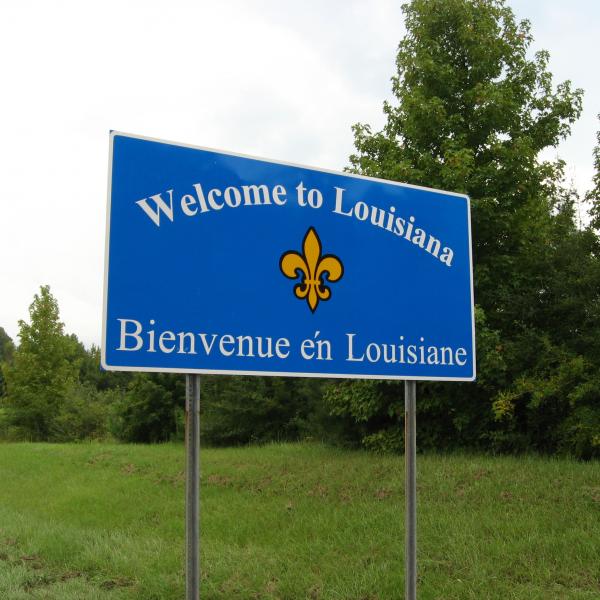This institute is tremendous. It is my first NEH Institute, and I realize I've been missing out on great professional development and tremendous scholarship for some time. From the first day when Dr. Early skillfully explained why this was the New Negro Renaissance as opposed to the Harlem Renaissance, I was hooked and have been thirsting for more. [I am no longer thirsty, by the way, and know that there is so much more to drink in.] I am glad to be a part of an examination that looks far beyond a regional/geographic boundary of this rich and unquestionably significant time. When I came here, I thought I knew a fair deal about the “Harlem” Renaissance, and now I am certain that the sum of my knowledge is only a drop in the bucket. The unified as well as the discordant efforts of African Americans during this time period remain intriguing and fascinating. There was no clear path outlined for African Americans at the turn of the century, and the journey that people took to advance policy and practices and to shape political and cultural thought provides endless fascination. The personalities, alone, are of great interest. And the implications for classroom instruction are numerous. Just as I am extremely engaged and keenly interested in all the threads connecting this Renaissance fabric, so too do I believe my students will be tremendously engaged. The alternate and more fleshed out narrative of the Renaissance creates a foundation for critical reflection in which students can challenge dominant perceptions and ask why and what if. There are endless possibilities in using this material to foster student learning.
-- Vickie Adamson



